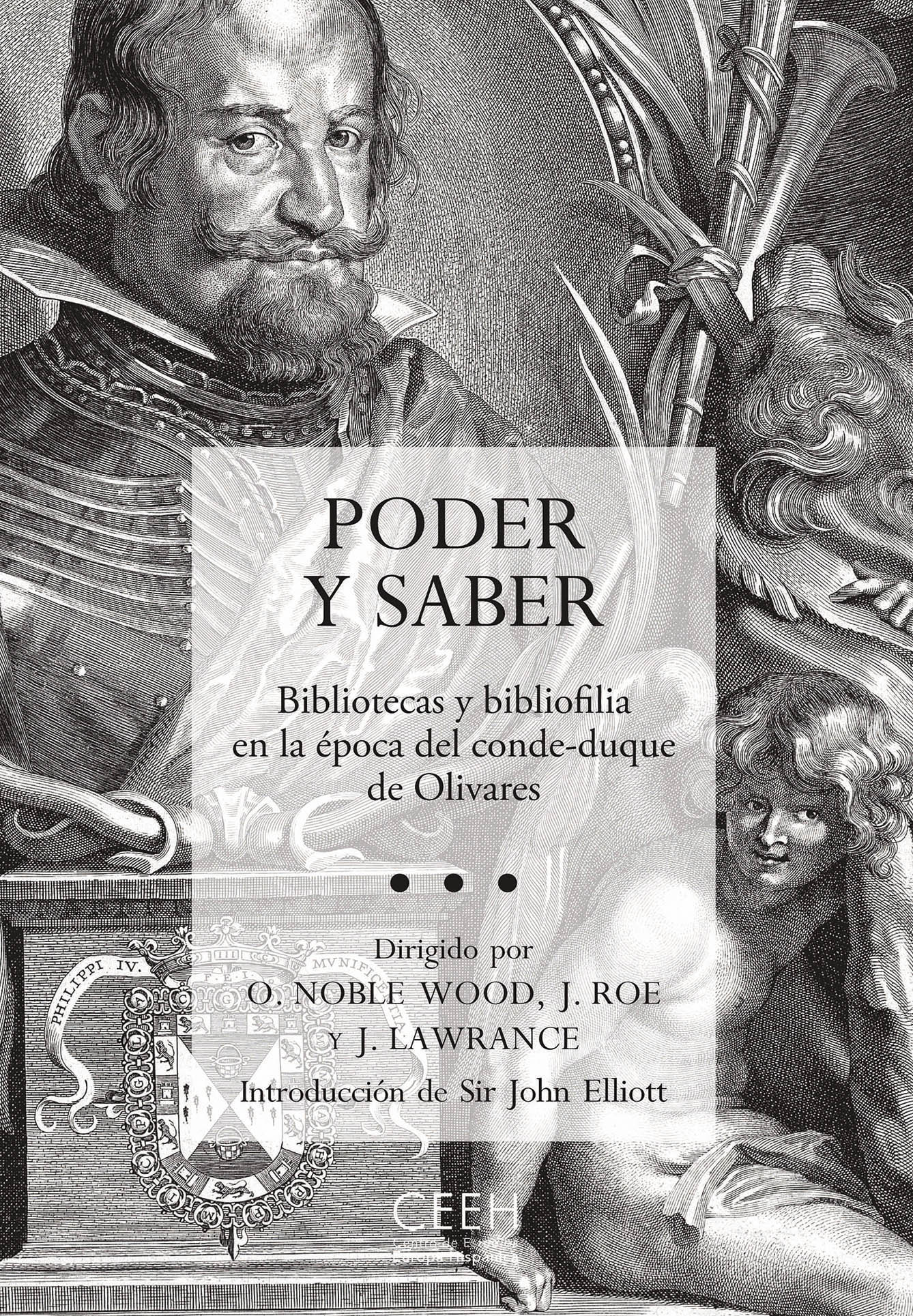Author
Jeremy Lawrance, Oliver Noble Wood and Jeremy Roe (eds.)
Characteristics
536 pages; 169 color illustrations; flapped paperback; 18,5 x 24,5 cm
Publication
Spanish; preface by Sir John H. Elliott; 2011
ISBN
978-84-15245-18-6
Price
€38,46
Buy on our site and save 5% on this book until April 30
(coupon code: DÍA DEL LIBRO)
When the Count-Duke of Olivares, minister-favourite to Philip IV between 1621 and 1643, assumed control of the Spanish monarchy, he implemented an ambitious—though, ultimately, largely unsuccessful—programme of political reform. His plans to unite the kingdoms of the Iberian Peninsula and re-establish Spanish supremacy in Europe were no less striking. By carefully manipulating the forms of patronage that his supreme power afforded him, he was also able to leave his personal stamp on the literary and visual culture of his day. The twenty-three essays presented in this volume highlight this dimension of his rule, examining different facets of the enormous propaganda machine that he rolled out in the service of both his own image and the glorification of the monarch.
Whilst analysing the aims and cultural significance of Gaspar de Guzmán’s “Bibliotheca selecta”, this book also offers more general reflections on the ever controversial relationship between power and culture. United by an interest in book collecting, libraries, and the book trade in the seventeenth century, the essays shed light on subjects ranging from intrigues and factions at Court and the secret workings of literary patronage, to the different means of hiring “mercenary pens” and the service of writers such as Góngora and Quevedo in the pro/anti-Olivares camps. The important contributions to the study of the “Olivares era” collected in this volume represent the work of an international group of experts in the history, art, and literature of the Spanish Golden Age, work first presented and discussed at a conference at the Fundación Lázaro Galdiano in Madrid in 2009.
Oliver Noble Wood holds a degree and doctorate in Modern Languages from Oxford University, where he is currently a tutor in Spanish Golden Age Literature and a Fellow of Hertford College, after several years at Nottingham University. His research focuses on the Golden Age in Spain, particularly the reception of classical authorities and satirical and burlesque poetry.
Jeremy Roe holds a degree and doctorate in Art History from Leeds University. Since 2008, he has been a postdoctoral research fellow at the department of Spanish, Portuguese, and Latin American Studies at Nottingham University.
Jeremy Lawrance holds a degree in Literae Humaniores and a doctorate in Hispanic Languages and Literature from Oxford University. He is currently professor of Golden Age/Early Modern Hispanic Studies at Nottingham University. He has been president of the Association of Hispanists of Great Britain and Ireland.

